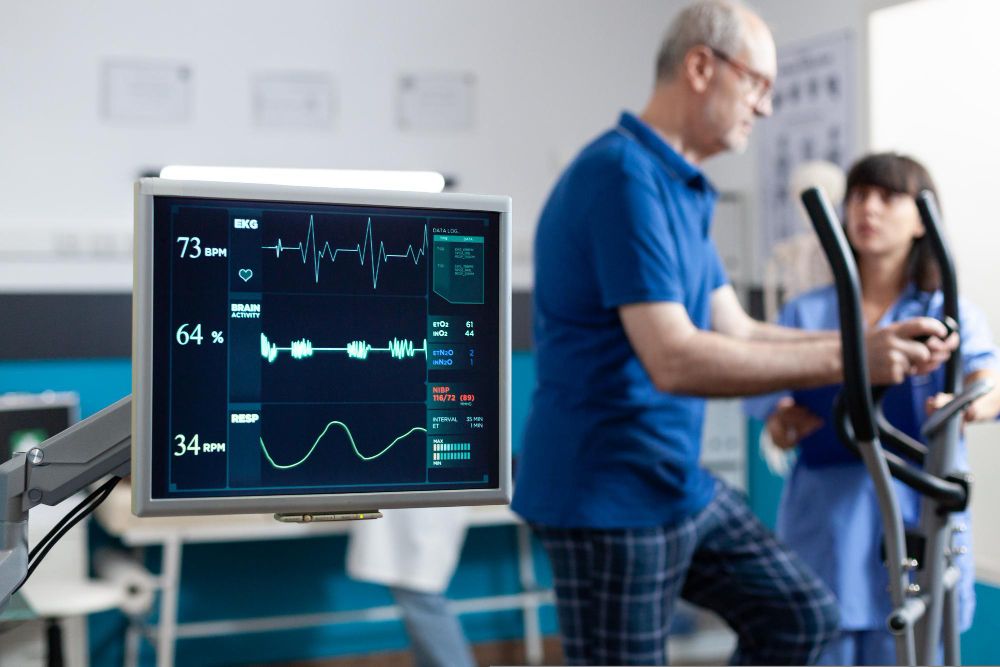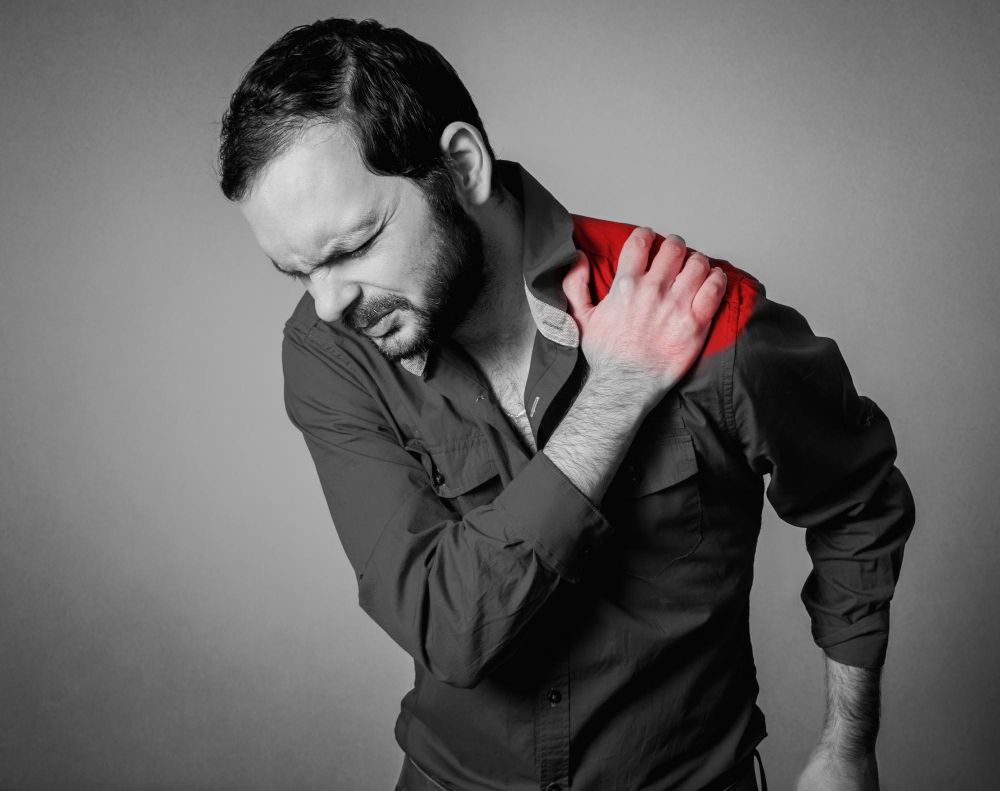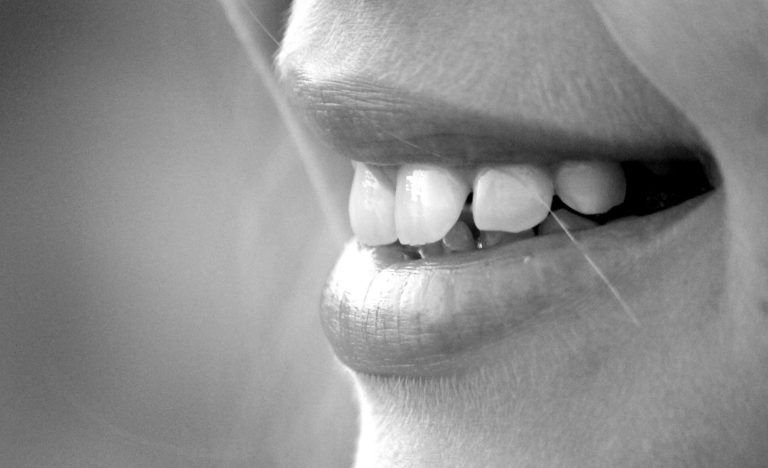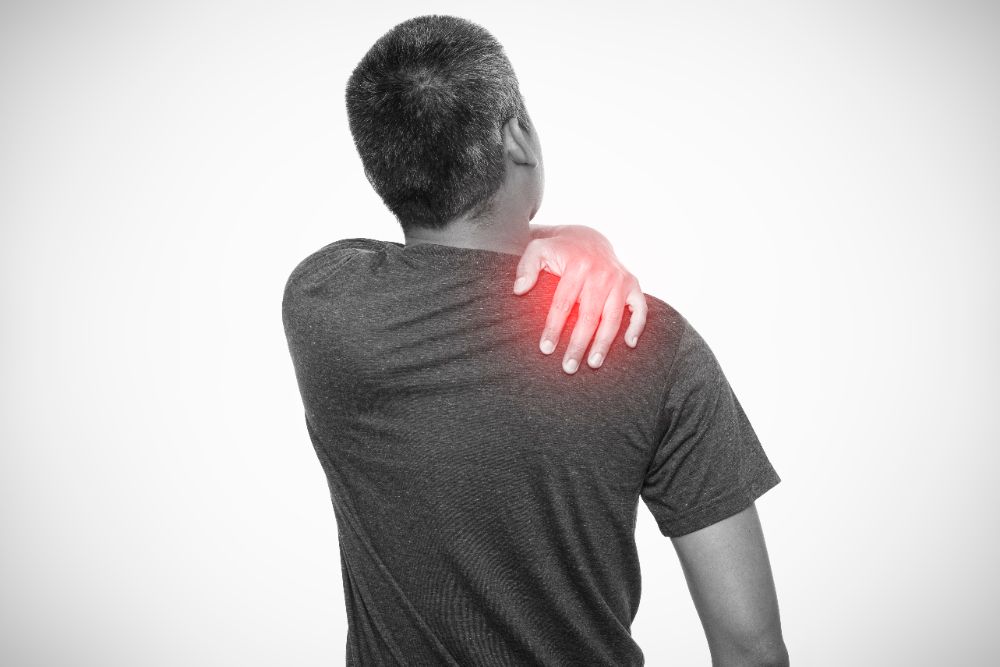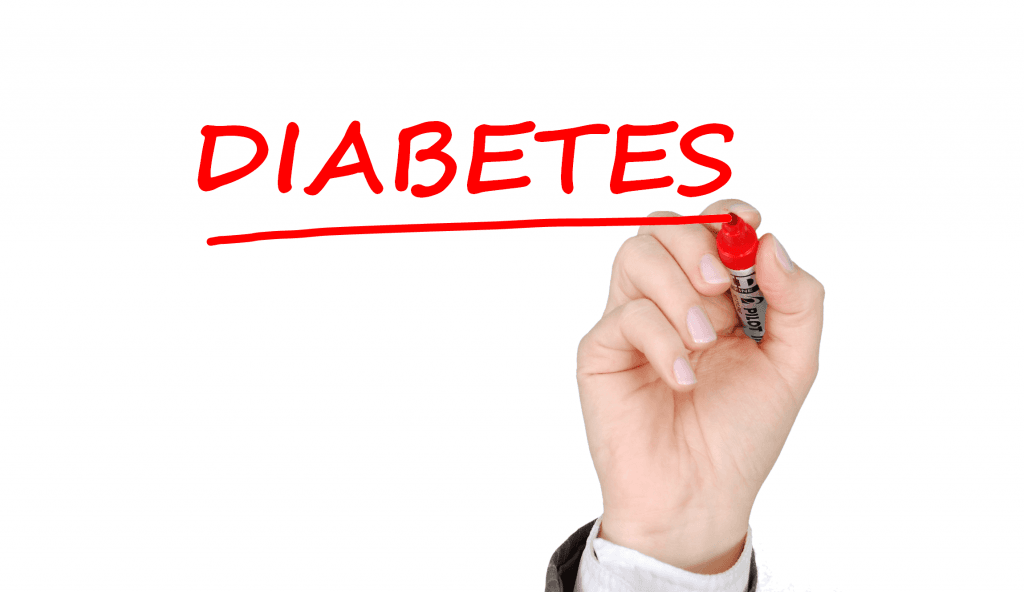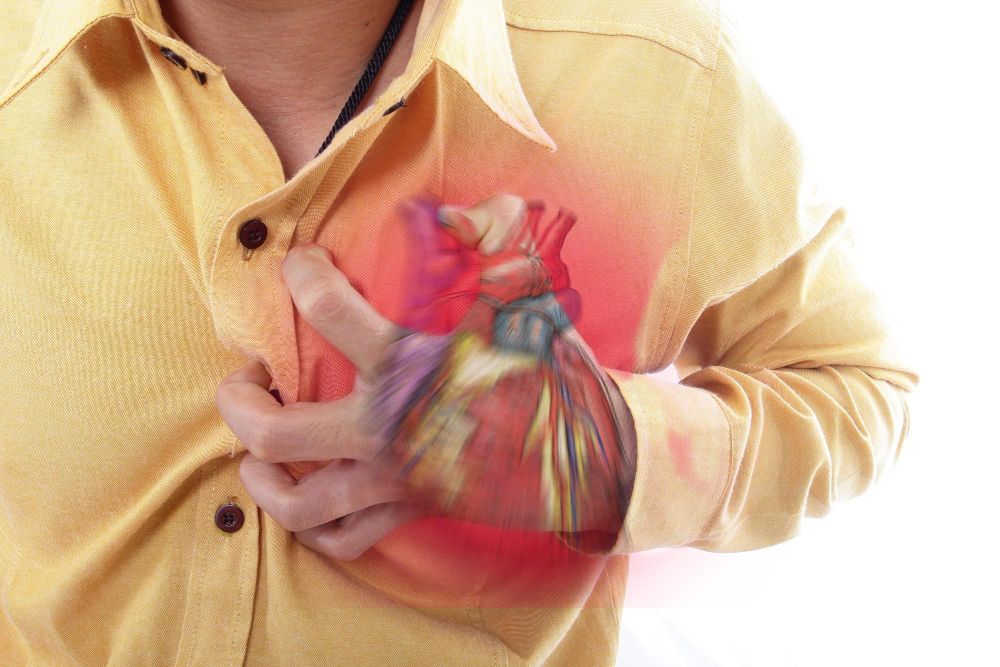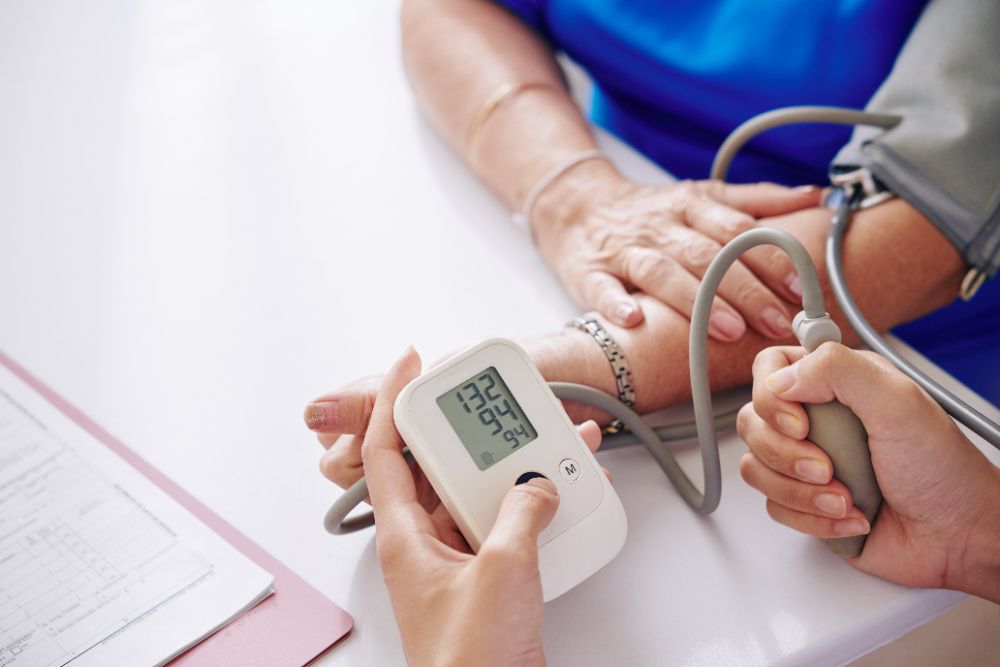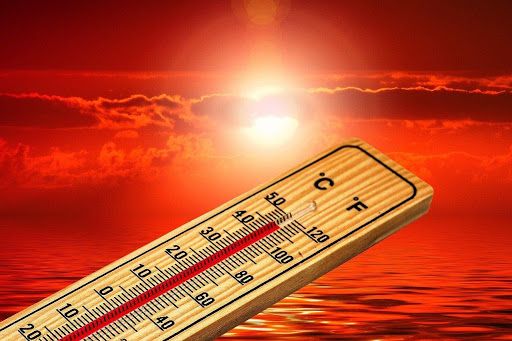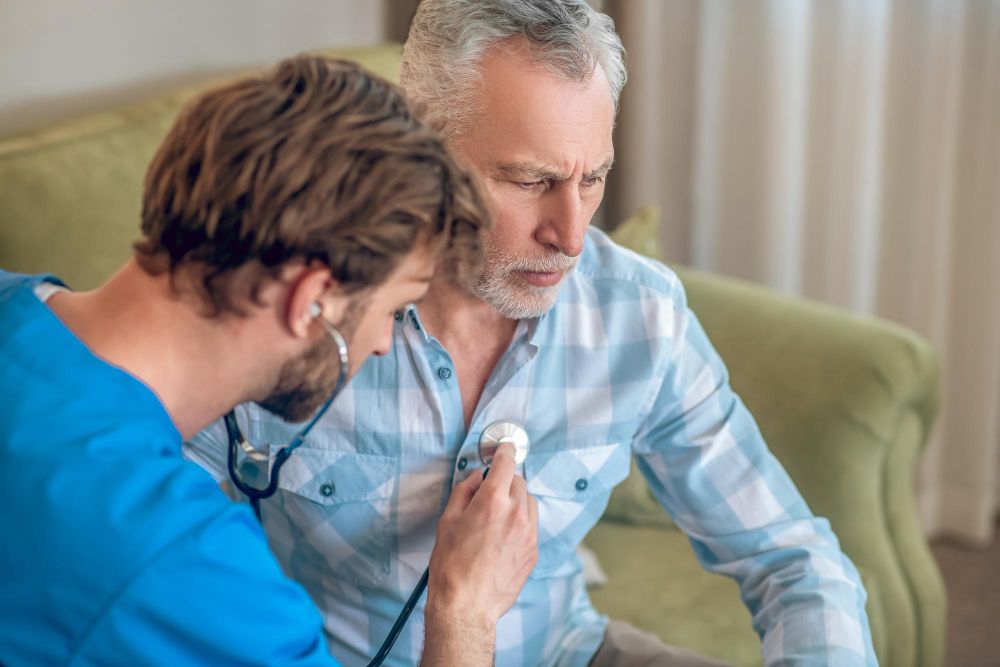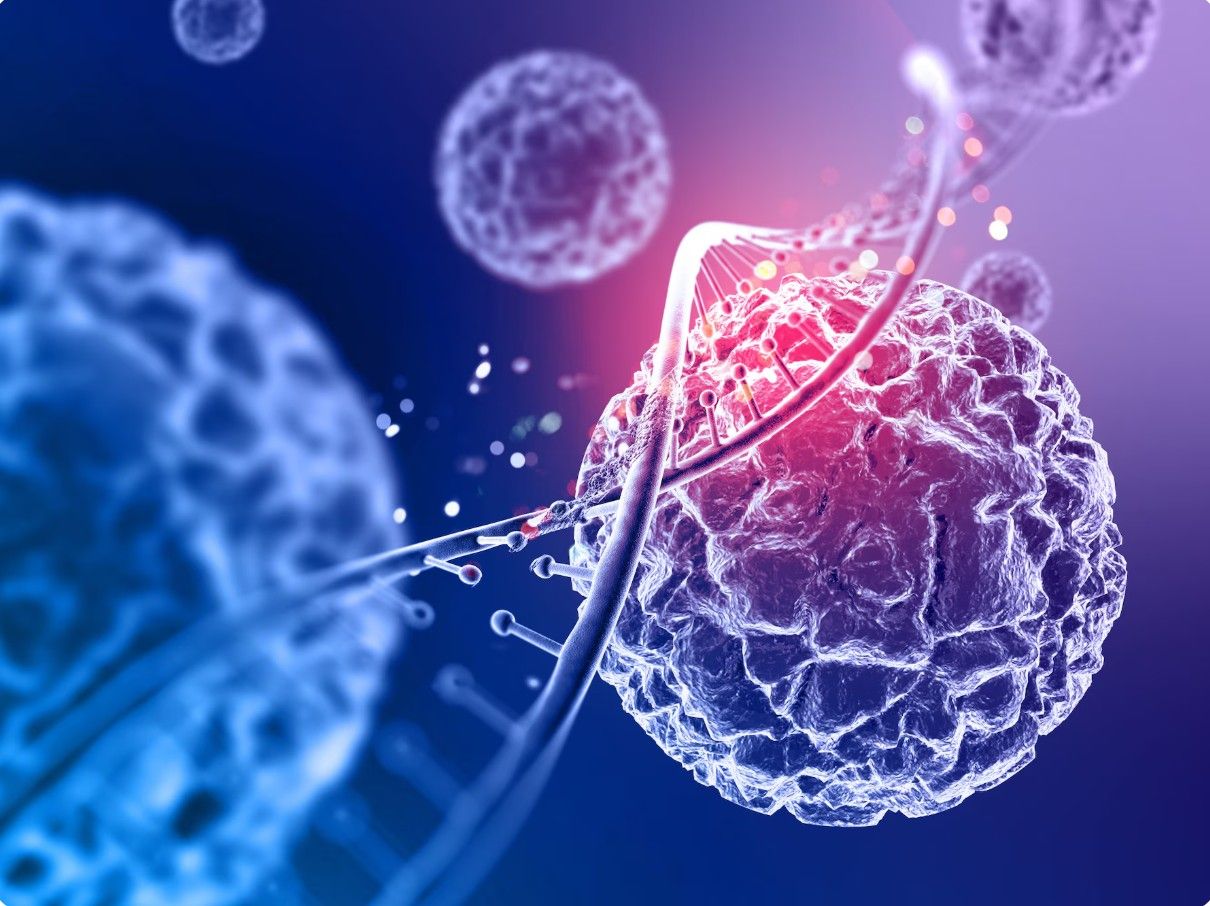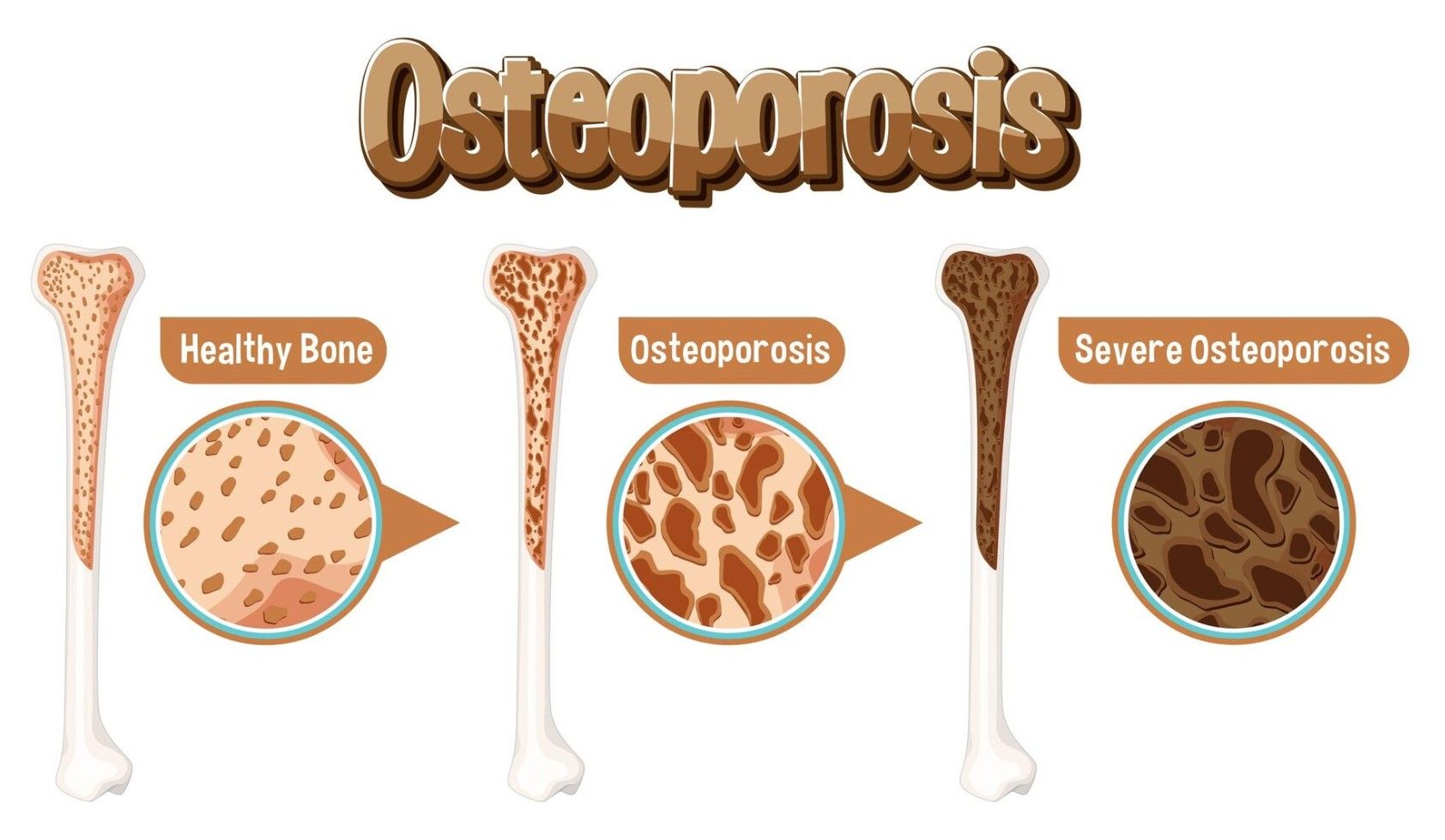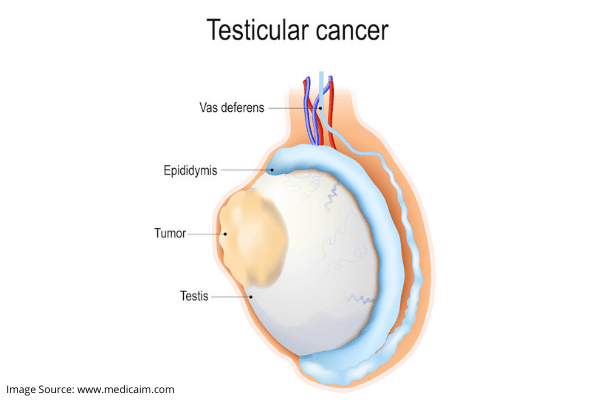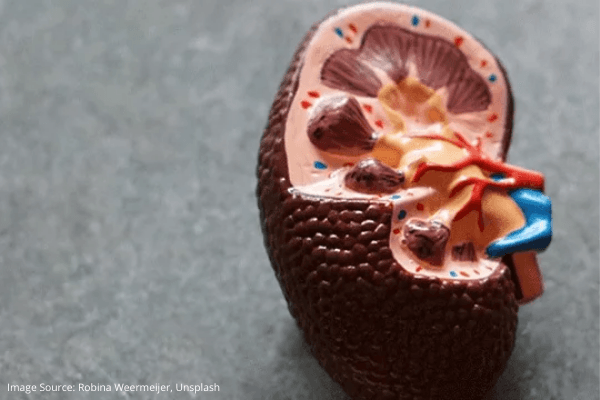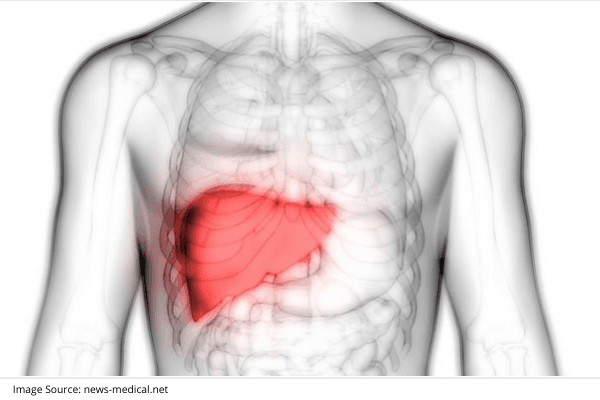Tachycardia
Tachycardia, often defined as a resting heart rate of above 100 beats per minute, is an abnormally fast heart rate. Resting tachycardia is where the resting heartbeat remains too high, whereas, during exercise, the heartbeat can be normal or might go up temporarily with stress and anxiety. This could occur either in a healthy individual or in a person with existing heart conditions or other general medical problems.
Tachycardia is the heart's reaction to inappropriate electrical impulses. The sinoatrial (SA) node is essentially the heart's natural pacemaker that determines its rhythm. When, however, the electrical impulses in the heart start working out of rhythm or erratically, the heart can begin to pump too quickly. This may compromise the heart's efficiency and prevent it from delivering enough oxygen-rich blood to the body's organs and tissues.
Several kinds of tachycardia prevail and include:
- Atrial tachycardia: It arises from the atria, which is the upper chamber of the heart.
- Ventricular Tachycardia: This comes from the ventricles, which are the lower chambers of the heart. This could be a more dangerous condition because the complications of instant cardiac arrest happen.
- Supraventricular tachycardia (SVT): This condition affects the upper chambers but sometimes leads to fast heartbeats spreading to the ventricles.
- Sinus tachycardia: The heart pumps at a faster rate than normal but with a regular rhythm.
Causes of tachycardia
There are many causes of tachycardia. Some causes are benign or lifestyle- or short-term physiological state-related, while others signal an underlying medical condition. Major causes include:
- Heart disease: Structural anomalies in the heart, coronary artery disease, high blood pressure (hypertension), heart failure, or a history of heart attack all contribute to tachycardia.
- Electrolyte imbalance: The heart usually requires a fine balance of electrolytes such as potassium, calcium, and magnesium to maintain a normal rhythm. An imbalance in these electrolytes may result in abnormal rhythms.
- Overactive thyroid /hyperthyroidism
- Fever and infection
- Substances: Caffeine, nicotine, and others like cocaine stimulate heart rate. Medication, including decongestants and beta-agonists, in asthma treatment also stimulates tachycardia.
- Emotional stress or anxiety
- Physical activity.
Tachycardia symptoms
Tachycardia symptoms vary depending on the severity, type and duration of a tachycardia episode. Some will feel no discomfort, while others may experience all forms of discomfort. Some of the most common symptoms include:
- Palpitations
- Dizziness or lightheadedness
- Chest pain
- Fainting (syncope)
Diagnosis of Tachycardia
A cardiologist should diagnose tachycardia. The diagnosis involves the following:
- Electrocardiogram (ECG)
- Holter monitor
- Event monitor
- Echocardiogram
- Blood tests such as thyroid disturbances, electrolyte disturbances, or infection might suggest the underlying symptoms of tachycardia.
Management of tachycardia
Treatment of tachycardia varies according to the cause, severity, and overall health of the patient. Lifestyle modifications may be enough for causes such as stress, caffeine, or stimulants, but more often than not, beta-blockers, calcium channel blockers, or antiarrhythmic drugs are required to regulate heart rate and restore a normal cardiac rhythm.
Surgical procedures
- Ablation with a catheter: This is a minimally invasive procedure, which means it does not require surgical incision. The catheter is inserted into the body through blood vessels and guided until it reaches the heart, where it destroys small patches of tissue causing the abnormal rhythm.
- ICDs/Implantable devices: For patients with serious conditions, especially ventricular tachycardia, ICDs can be inserted to monitor your heart and correct life-threatening arrhythmias.
- Surgery: Scars can be surgically induced on the heart tissue, again with a maze procedure, but this time making a pattern that will prevent abnormal electrical signals.
Ten Effective Remedies That You Can Refer to When You Are Suffering from Muscle Cramps
Finally starting off with the gym life can get too overwhelming until you hit those muscle cramps along with the weights.
Skin Tags - Benign Tumor or Cancerous Tumor?
Skin tag if observed is a narrow stalk that hangs about your skin, bulging at the end. They are usually freshly colored and can grow anywhere on your body.
Rotator Cuff Tear
A rotator cuff tear is a rotator cuff injury that can cause shoulder pain and loss of arm function. The rotator cuff is a set of muscles and tendons in your shoulder.
Importance of Parental Counselling
Right from the moment you tell your friends and family about your pregnancy, little hints keep coming your way on parenting your unborn child!
Taking Care of a Terminal Patient? Here Are Six Ways to Help Them to the Fullest
A terminally ill patient is someone who has a relatively short life expectancy. Terminally ill people are usually shifted from an actively curative medicinal regime
Stages of Tooth Decay and Their Treatment Options
Tooth decay refers to the degradation process of the structure of the tooth resulting in permanent damage.
12 Home Remedies for Dry Cough
The flu, common cold, asthma, cigarette smoke exposure, and other conditions can all cause a dry cough. Home remedies such as honey, peppermint, and air purifiers may be beneficial.
Shoulder Dislocation
Shoulder dislocation occurs when the bones of your shoulder joint are pushed or forced out of their normal positions.
5 Facts to Keep in Mind for Your Monthly Menstruation Cycle
Our menstruation indicates multiple activities within your body. Every month, your uterus forms a thicker lining for the ovary to release an egg for a possible pregnancy.
Different Types of Diabetes
Junk food and increasing physical activity are leading to a worldwide epidemic of obesity, resulting in diseases like diabetes
Dilated Cardiomyopathy
Dilated cardiomyopathy is a form of heart muscle illness in which the heart chambers (ventricles) weaken and stretch, becoming bigger.
Hypertension (High Blood Pressure)
High blood pressure, also known as hypertension, is a condition in which the blood flow against the inner walls of the arteries is persistently high.
3 Cosmetic Dentistry Procedures You Did Not Know About
Over the past few years, cosmetic dentistry has undergone significant evolution in society. With the increasing demand for cosmetic dentistry, it is no longer a luxury; it has become a necessity.
5 Lifestyle Changes That Will Help with Your Urinary Incontinence
Urinary Incontinence is quite a painful and embarrassing condition to have. It refers to the loss of bladder control, which can vary from a slight release of urine after sneezing, coughing, or laughing, to a complete inability to control urination.
5 Tips This Summer to Avoid Heatstroke
Certain jobs demand fieldwork in the scorching heat. The warm weather, bright sun, and the blue skies are not always an excellent working environment for them at all.
6 Home Remedies for Yeast and Vaginal Infections
Yeast infection is common among women. You might have had the experience of irritating soreness and itching that prolonged for days due to not knowing about the cause.
Aortic Dissection
An aortic dissection is a tear in the aorta. This is the primary artery that transports oxygen-rich blood from your heart to the rest of your body.
Bariatric Surgery and Weight Loss
Bariatric surgery, also known as weight loss surgery, is performed on individuals suffering from obesity. It involves a variety of procedures that help maintain long-term weight loss and also aid in treating obesity.
Best Foods to Cleanse Your Liver
Your liver is one of the largest organs in your body and its primary function is to filter the system by converting toxins to waste products, cleansing your blood and process various nutrients.
Infertility and its Major Causes and Treatments
Infertility is an issue that’s on the rise – not just in India but all over the world. It’s estimated that, on average, one out of every six couples has had issues with infertility.
Precautions to be Taken to Avoid Eosinophilia
Let’s begin with talking about eosinophils – they are just a type of white blood cells that are laden with reactive chemicals which get released under specific conditions to cause mayhem in the body
What is BMD Assessment and its Significance in Treating Osteoporosis
Osteoporosis is that creepy monster lurking in the dark, waiting to manifest itself as you age and get less active.
Signs of Testicular Cancer
Men have a pair of testicles located in a sac-like pouch called the scrotum. It forms part of their reproductive system and are responsible for sperm production.
Signs and Symptoms of Kidney Stone
Your kidneys are very important organs in the body; they regulate water content, filter waste from blood, and produce hormones.
Treatment For Liver Failure
Treatment for liver failure depends largely on the causative agent; for example of it’s due to hepatitis virus infection, then hydration and supportive care needs to be provided while the body’s immune system fights back. If it’s due to gallstones,
Related Blogs
Ten Effective Remedies That You Can Refer to When You Are Suffering from Muscle Cramps
Finally starting off with the gym life can get too overwhelming until you hit those muscle cramps along with the weights.
Skin Tags - Benign Tumor or Cancerous Tumor?
Skin tag if observed is a narrow stalk that hangs about your skin, bulging at the end. They are usually freshly colored and can grow anywhere on your body.


